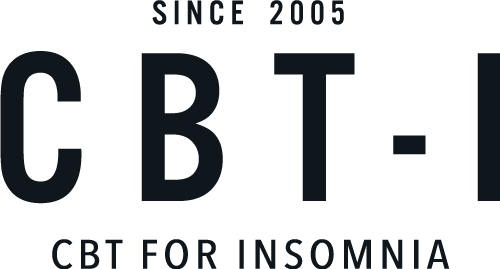Melatonin Is Not Clinically Effective For Insomnia
The largest meta-analysis to date examined whether melatonin is effective in individuals with sleep difficulties. The meta-analysis, which compared the efficacy of melatonin to a placebo pill, involved nineteen placebo-controlled published studies and almost 1700 subjects. The primary endpoints were sleep-onset latency (i.e., the number of minutes it takes to fall asleep) and total sleep time.
The results indicated that melatonin helped subjects fall asleep only 7 minutes faster than a placebo pill, and that melatonin only provided an extra 8 minutes of sleep. Because research involving thousands of insomnia patients demonstrates that insomnia patients require an average of about 75 minutes each night to fall asleep, an improvement of 7 minutes to fall asleep compared to placebo is clinically meaningless. Patients would still have significant insomnia and require over an hour to fall asleep. Similarly, insomnia patients report an average of just under six hours of sleep. Therefore, an improvement of 8 minutes of total sleep time is also clinically meaningless.
Some insomnia patients derive a clinically significant placebo effect from melatonin, and it has almost no side effects aside from more intense dreams and residual morning grogginess. Additionally, melatonin is not associated with tolerance or dependence. Accordingly, most sleep experts agree that, if a patient derives a significant placebo effect from melatonin and limits the dosage to .5-2 mg to reduce its side effects, melatonin may be a better choice than prescription sleep medications given the latter’s significant side effects and dangers.
